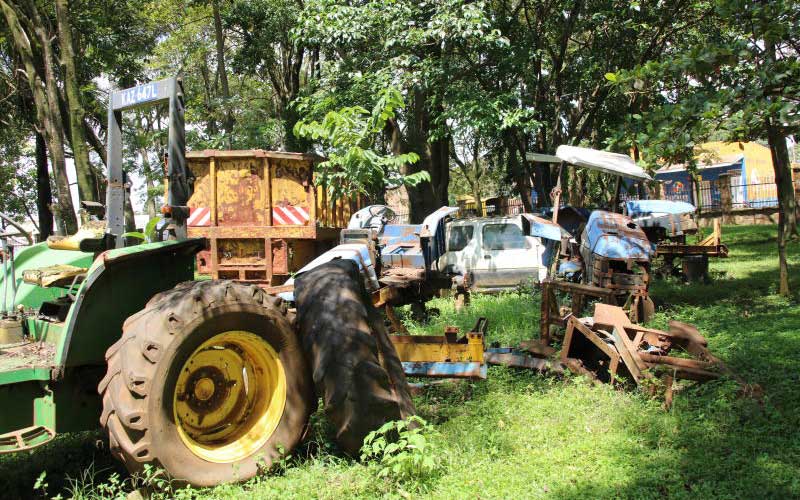×
The Standard e-Paper
Smart Minds Choose Us

Death has never been too far off for those who have tried to look into the collapse of Mumias Sugar Company.
If you walk around Shibale Town, you will hear murmurs of death and near death experiences from former or current employees of the company.







